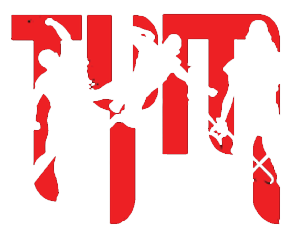Lou Kang
Mortal
ok i feel like ur just trying to break down what im saying to show me how knowledgeable you are but all i originally wanted to say is that saying your 99.99 repeated % guaranteed of something doesnt really have a definitive meaning in practicality because on the one hand its not 100% guaranteed but at the same time since its an infinite number how can you ever define the chance of the procedure not being a success.Umm im majoring in mathematics
BUT HEY...ive said i really have no idea what im talking about and am just going on my own logic, i admit it has no mathematical basis and i mean I'm sure everything uve said has a much stronger basis than what ive said and is more than likely a better answer.
i didnt mean to turn this into a back and forth, especially in an area i really have no buisness being in








